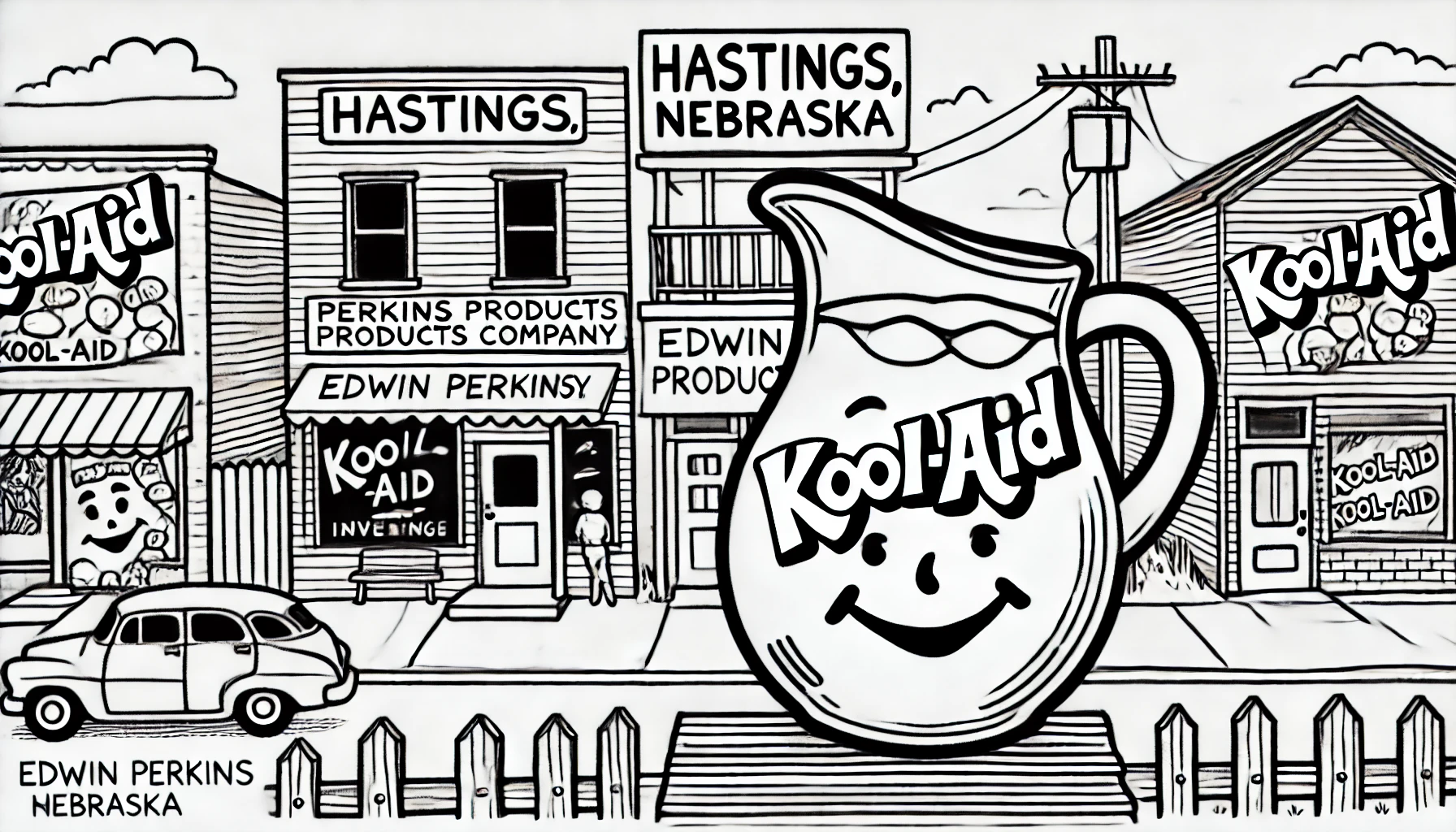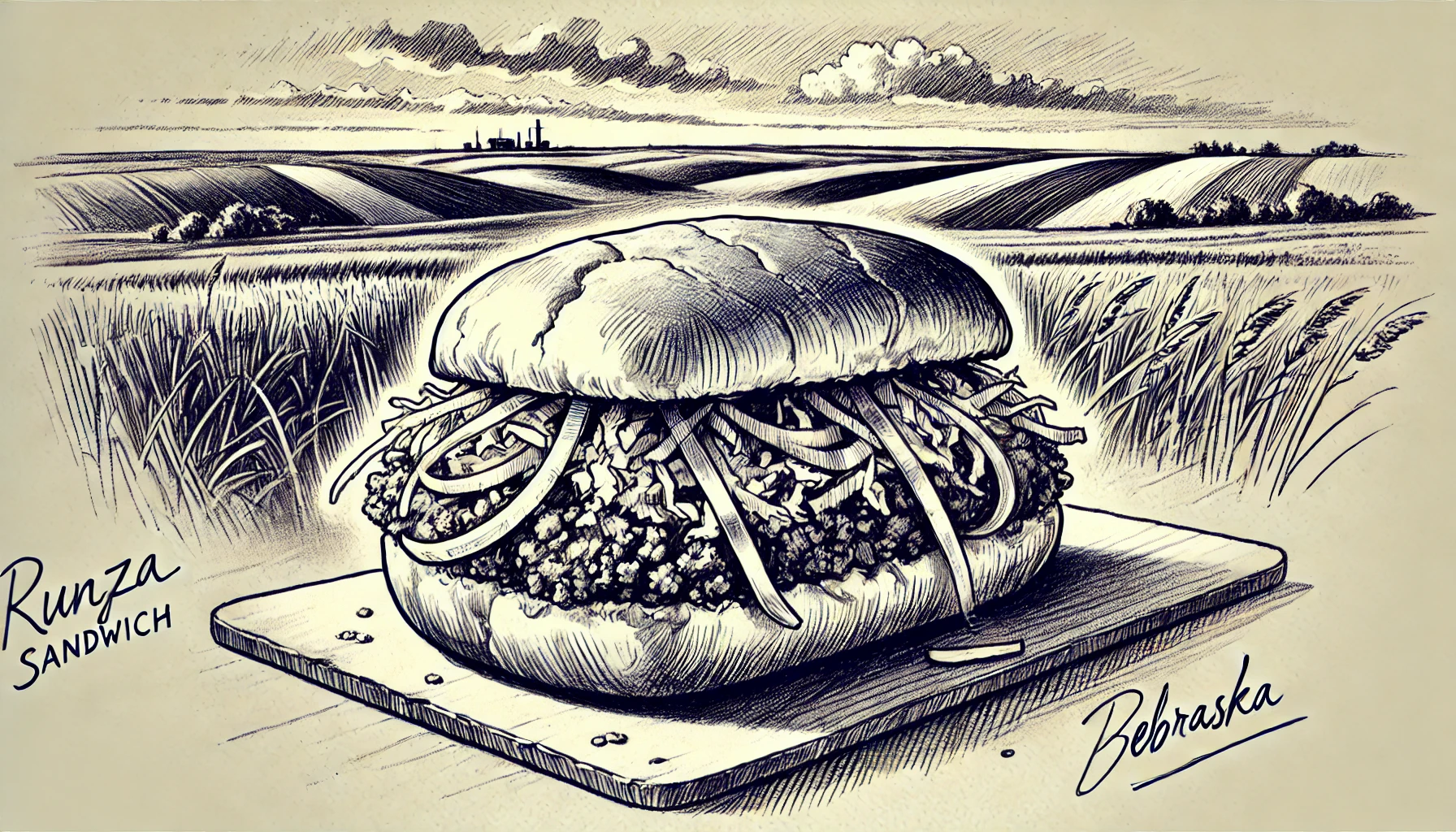Exploring Great Plains Food Hubs

Traveling through Nebraska offers a unique opportunity to experience the rich culinary heritage of the Great Plains region. One aspect of this cultural tapestry is the emergence of food hubs, which serve as vital connecting points between local food producers, consumers, and communities. A food hub is an organization that aggregates, processes, distributes, and markets food products from local farmers, ranchers, and artisanal producers. By consolidating resources and expertise, food hubs play a critical role in strengthening local food systems and promoting rural development.
One notable example of a Great Plains food hub is the Omaha-based non-profit organization, No More Empty Pots. Established in 2010, the organization aims to support sustainable food systems and improve food access in urban and rural areas. No More Empty Pots operates a 2,000-square-foot commercial kitchen in Omaha, Nebraska, which provides space for local food entrepreneurs to develop and market their products. The organization also administers a food hub program that connects local farmers with institutional buyers, such as schools and hospitals.
In Lincoln, Nebraska, the Great Plains Interstate Food Hub (GPIFH) serves as another example of a thriving food hub. GPIFH is a USDA-funded project that facilitates the aggregation, processing, and distribution of local food products to institutional markets. By leveraging partnerships with regional farmers, food processors, and distributors, GPIFH helps to increase the availability of locally sourced products in Nebraska's food system. The organization also provides technical assistance and marketing support to local farmers, further enhancing the viability of their operations.
In the context of Great Plains food systems, food hubs like No More Empty Pots and GPIFH serve as critical infrastructure for linking rural food producers with urban consumers. By improving access to local food markets, these organizations contribute to the long-term sustainability of rural agriculture and help to preserve the region's unique cultural heritage. Furthermore, by promoting equitable access to healthy and affordable food, Great Plains food hubs help to address issues of food insecurity and public health in the region.
The impact of Great Plains food hubs also extends to the environmental realm, as these organizations often prioritize sustainable agriculture practices and reduce food distribution-related carbon emissions. For example, the Kansas-based food hub, Kansas City Food Hub, works closely with local farmers to promote the use of organic and regenerative farming methods, which help to enrich soil health, conserve water resources, and reduce the environmental impact of agricultural production.
Moreover, Great Plains food hubs frequently serve as centers for food innovation and entrepreneurship. The West Central Research and Extension Center in North Platte, Nebraska, operates a food hub that provides resources and support for local food entrepreneurs, including access to commercial kitchen space, product development assistance, and marketing expertise. By fostering a culture of innovation and collaboration, Great Plains food hubs help to drive economic growth and development in rural areas, while also promoting the preservation of traditional foodways.
The role of Great Plains food hubs is multifaceted and far-reaching, with implications for rural development, environmental sustainability, public health, and cultural preservation. As the regional food system continues to evolve, the contributions of these organizations will remain critical in strengthening the connections between rural food producers, urban consumers, and local communities.
One notable example of a Great Plains food hub is the Omaha-based non-profit organization, No More Empty Pots. Established in 2010, the organization aims to support sustainable food systems and improve food access in urban and rural areas. No More Empty Pots operates a 2,000-square-foot commercial kitchen in Omaha, Nebraska, which provides space for local food entrepreneurs to develop and market their products. The organization also administers a food hub program that connects local farmers with institutional buyers, such as schools and hospitals.
In Lincoln, Nebraska, the Great Plains Interstate Food Hub (GPIFH) serves as another example of a thriving food hub. GPIFH is a USDA-funded project that facilitates the aggregation, processing, and distribution of local food products to institutional markets. By leveraging partnerships with regional farmers, food processors, and distributors, GPIFH helps to increase the availability of locally sourced products in Nebraska's food system. The organization also provides technical assistance and marketing support to local farmers, further enhancing the viability of their operations.
In the context of Great Plains food systems, food hubs like No More Empty Pots and GPIFH serve as critical infrastructure for linking rural food producers with urban consumers. By improving access to local food markets, these organizations contribute to the long-term sustainability of rural agriculture and help to preserve the region's unique cultural heritage. Furthermore, by promoting equitable access to healthy and affordable food, Great Plains food hubs help to address issues of food insecurity and public health in the region.
The impact of Great Plains food hubs also extends to the environmental realm, as these organizations often prioritize sustainable agriculture practices and reduce food distribution-related carbon emissions. For example, the Kansas-based food hub, Kansas City Food Hub, works closely with local farmers to promote the use of organic and regenerative farming methods, which help to enrich soil health, conserve water resources, and reduce the environmental impact of agricultural production.
Moreover, Great Plains food hubs frequently serve as centers for food innovation and entrepreneurship. The West Central Research and Extension Center in North Platte, Nebraska, operates a food hub that provides resources and support for local food entrepreneurs, including access to commercial kitchen space, product development assistance, and marketing expertise. By fostering a culture of innovation and collaboration, Great Plains food hubs help to drive economic growth and development in rural areas, while also promoting the preservation of traditional foodways.
The role of Great Plains food hubs is multifaceted and far-reaching, with implications for rural development, environmental sustainability, public health, and cultural preservation. As the regional food system continues to evolve, the contributions of these organizations will remain critical in strengthening the connections between rural food producers, urban consumers, and local communities.
